14 GPTs for Mood Discovery Powered by AI for Free of 2026
AI GPTs for Mood Discovery leverage Generative Pre-trained Transformers to understand and analyze emotional states through text input. These tools are crafted to detect, interpret, and respond to users' moods, providing insights or tailored content based on the emotional context. This technology plays a crucial role in developing applications that require sensitivity to human emotions, such as mental health support, personalized content recommendation, and customer service enhancements, making them highly relevant in industries focused on human interaction and well-being.
Top 10 GPTs for Mood Discovery are: Movie Finder,music explorer(音乐偷吸者),Yuka BeatMatch,Vibe Curator,Sound Explorer,Music Matchmaker,Playlist Builder,Melody Mate 🎧,HYFI Whisky Mood Matcher,Find My Song
Movie Finder
Discover Movies with AI-Powered Precision

music explorer(音乐偷吸者)
Discover Music Seamlessly with AI

Yuka BeatMatch
Revolutionizing Music Discovery with AI

Vibe Curator
Your AI-Powered Personalized Music Guide
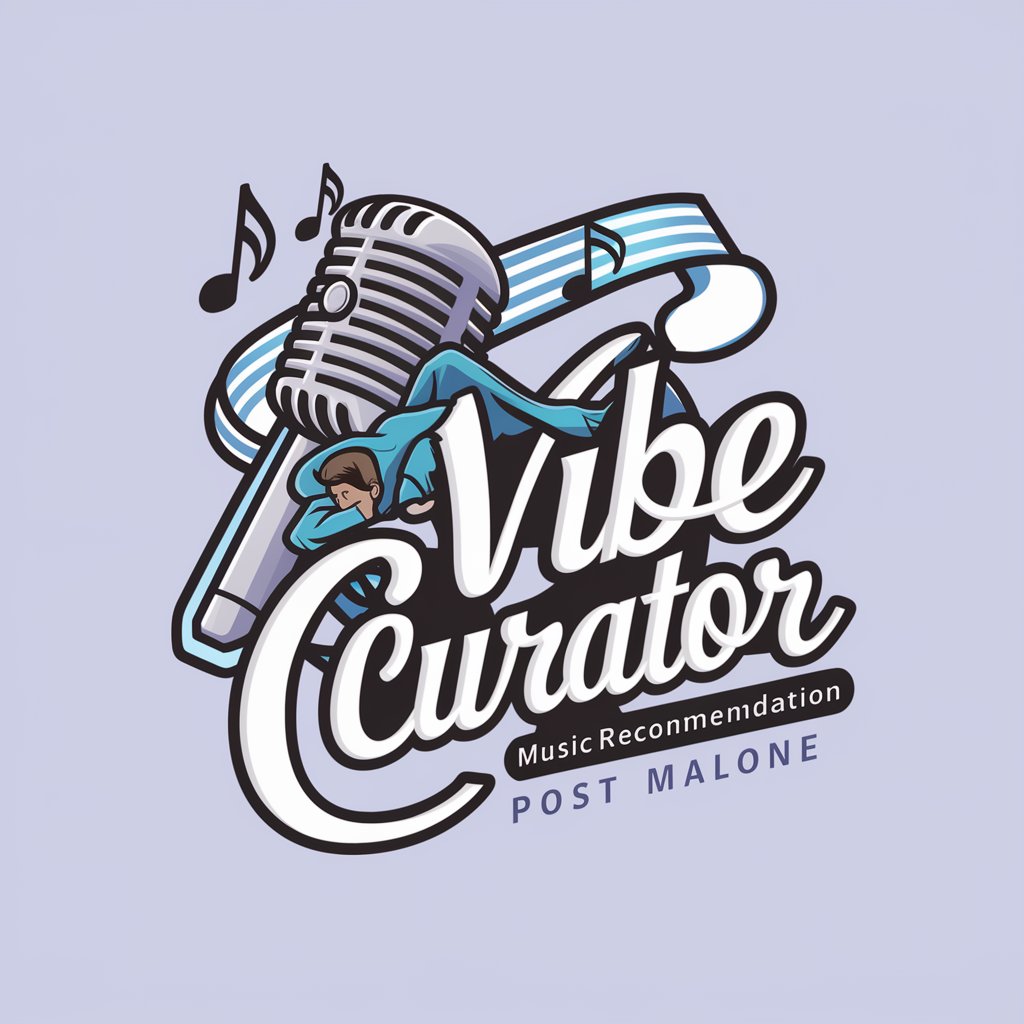
Sound Explorer
Discover Your Soundtrack with AI
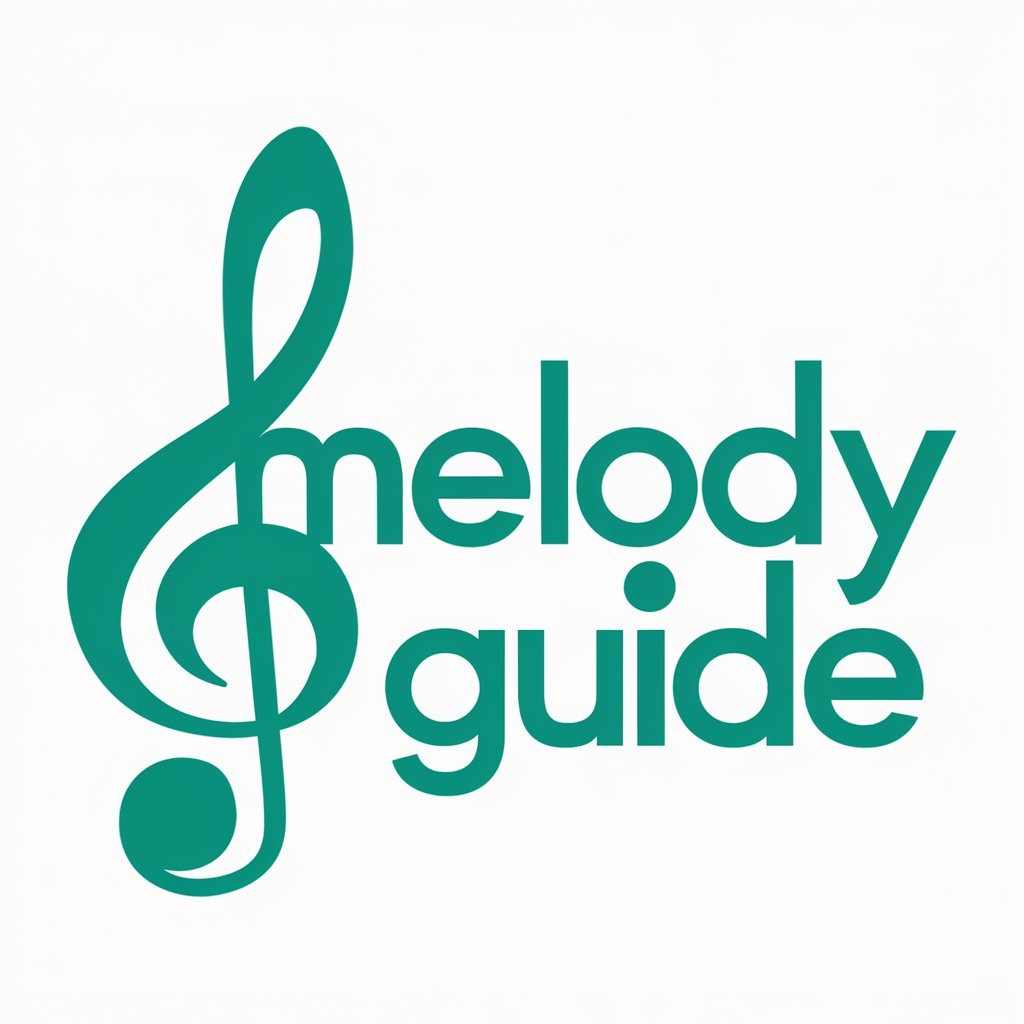
Music Matchmaker
Discover Music with AI Precision
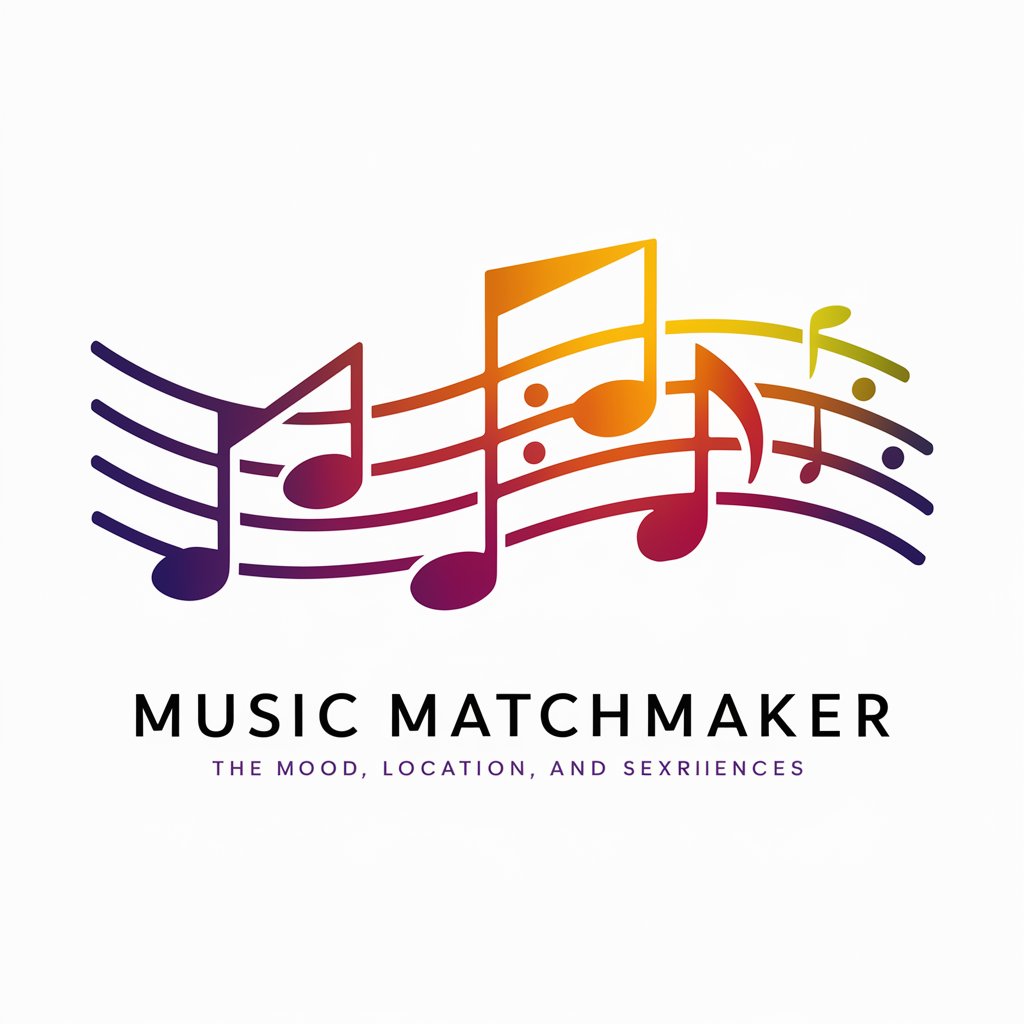
Playlist Builder
Crafting Your Mood with AI
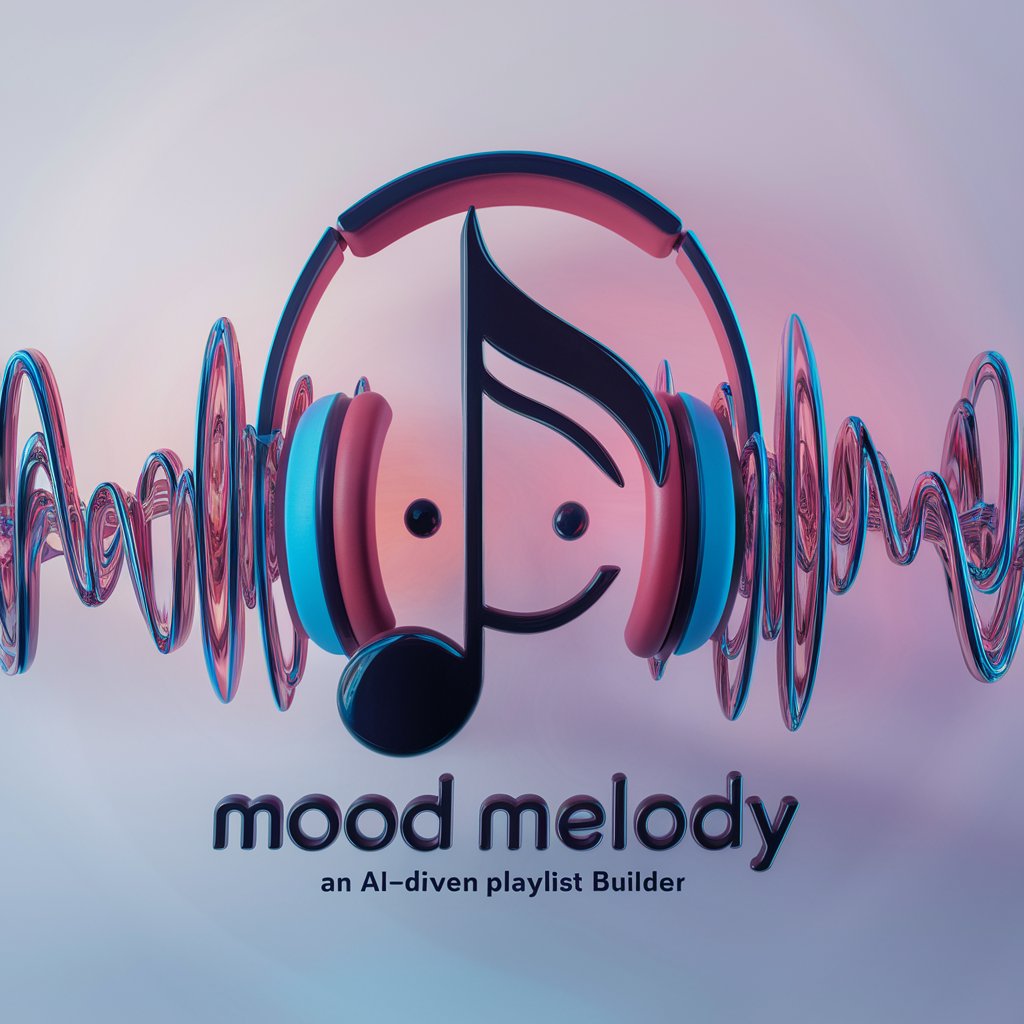
Melody Mate 🎧
Discover Music That Feels Right

HYFI Whisky Mood Matcher
Discover Whisky, Match Your Mood

Find My Song
Discover music that matches your mood, powered by AI.
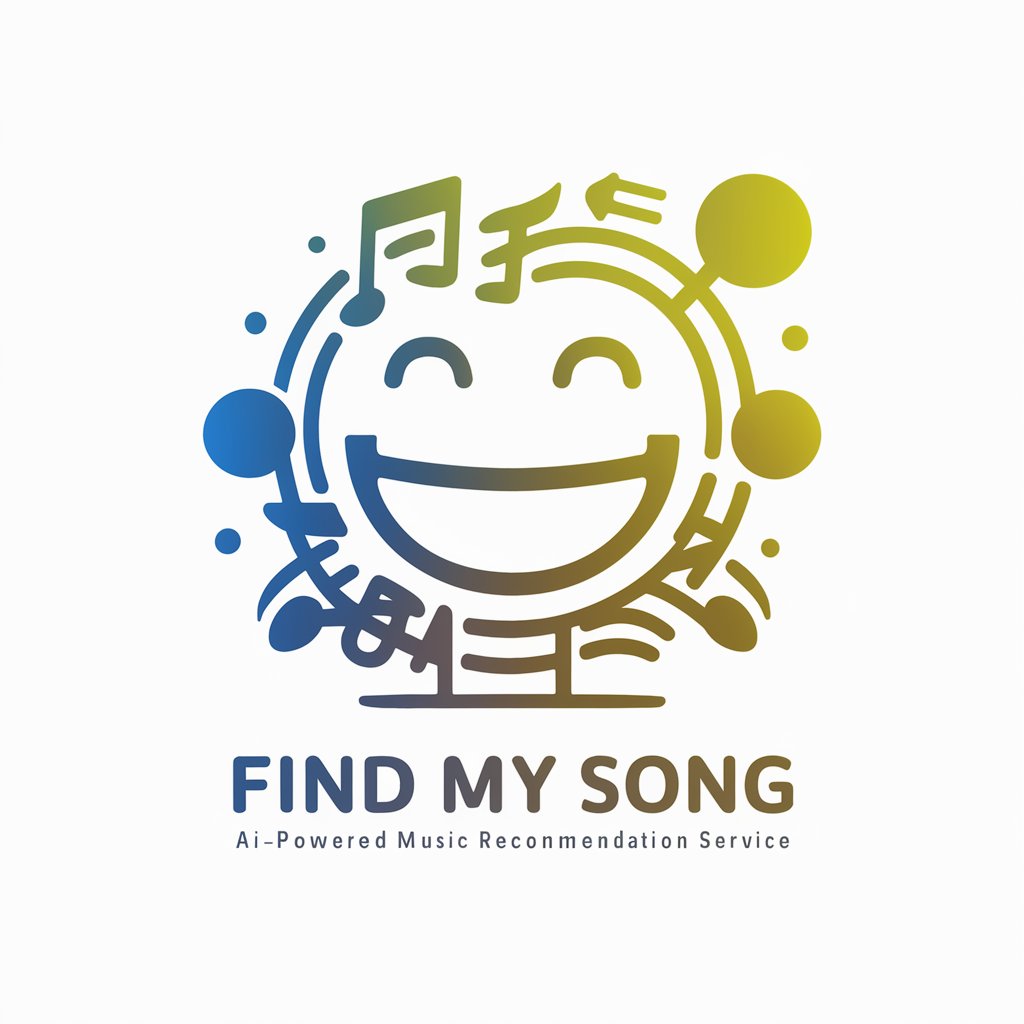
Melodine
Discover music that matches your mood, powered by AI.
Retro Mood Matcher
Discover retro gaming, personalized by AI.
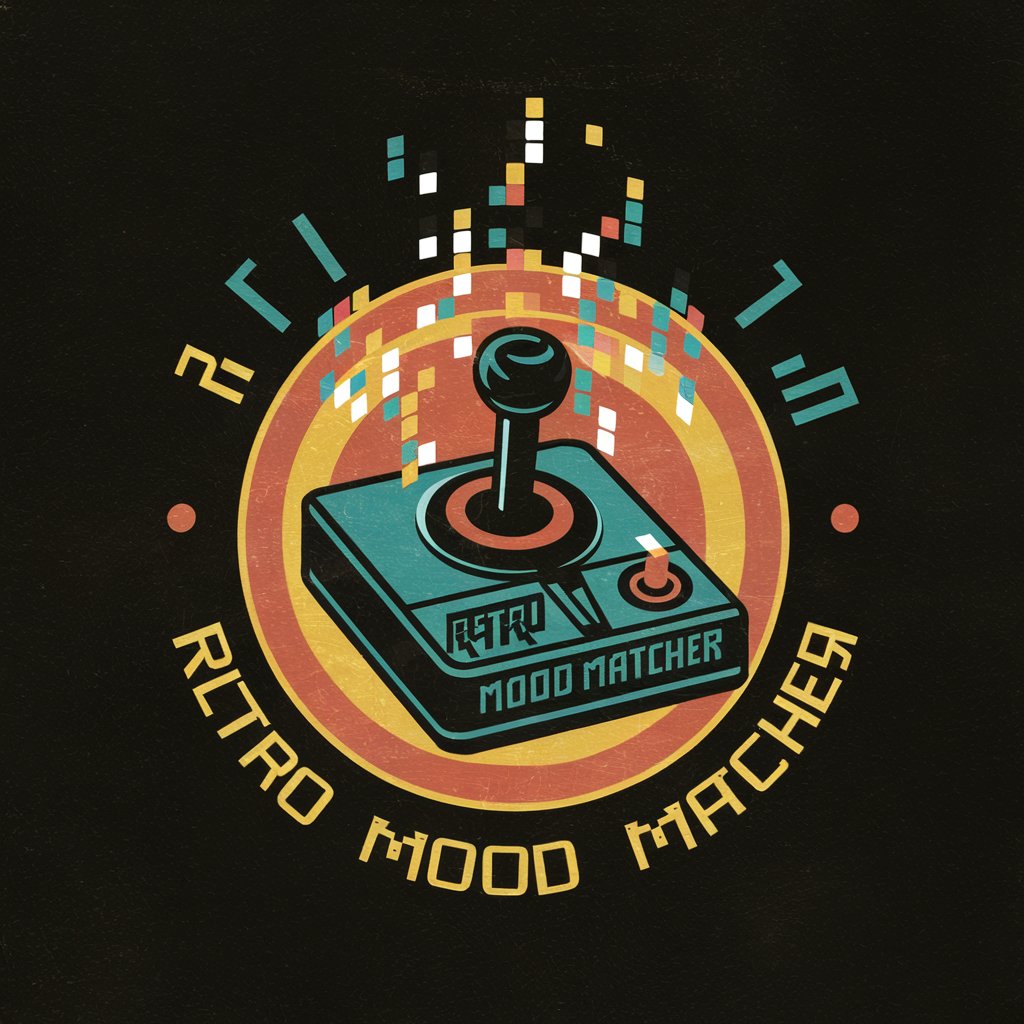
AI Groove Guide
Discover Music That Feels Right, Powered by AI
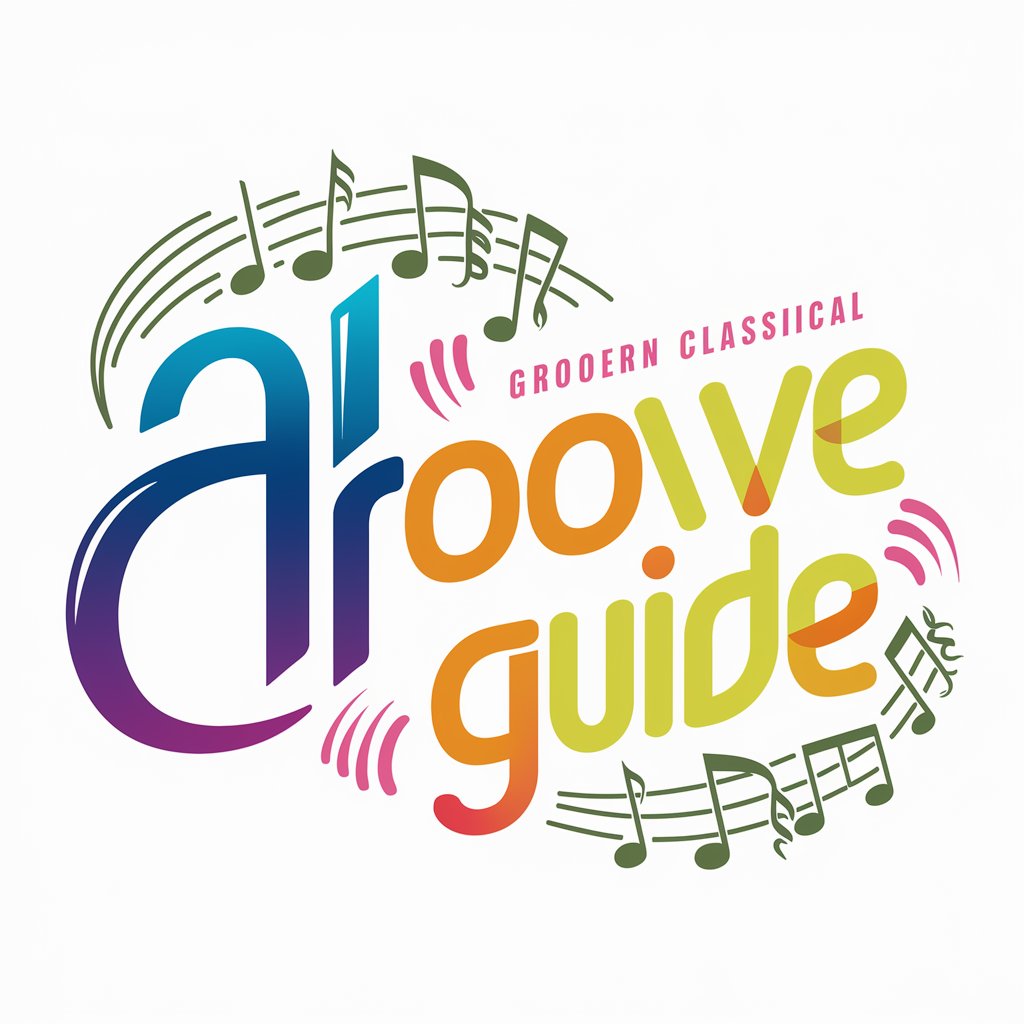
Melody Muse
AI-Powered Musical Creativity at Your Fingertips
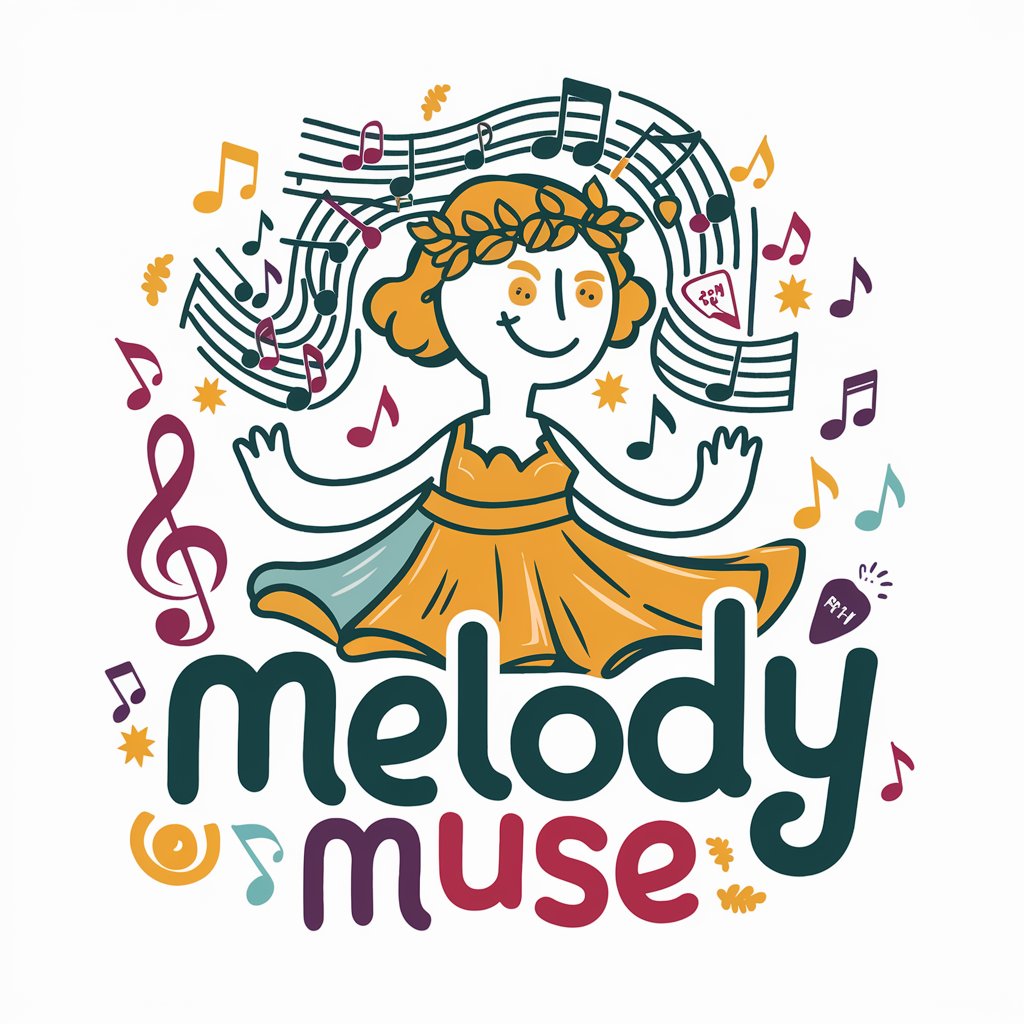
Essential Characteristics and Capabilities
AI GPTs designed for Mood Discovery are equipped with a range of features that enable them to accurately gauge and interact with users' emotional states. These include advanced natural language understanding, emotion detection algorithms, and the ability to learn from interactions to improve accuracy over time. Special features may encompass sentiment analysis, adaptive response generation, and integration with various platforms for broad application. Their adaptability ranges from simple mood tracking to complex emotional state analysis, making them versatile tools for developers and content creators.
Who Benefits from Mood Discovery AI?
AI GPTs for Mood Discovery cater to a diverse audience, including mental health professionals seeking tools for patient support, marketers aiming to tailor emotional content, and developers of customer service bots requiring empathy. They are accessible to novices through user-friendly interfaces while offering extensive customization options for experts with programming skills, thus bridging the gap between technical and non-technical users.
Try Our other AI GPTs tools for Free
Whisky Exploration
Discover the future of whisky exploration with AI GPTs. Tailored insights, personalized recommendations, and industry trends at your fingertips.
Distillery Insights
Explore AI GPTs for Distillery Insights, the cutting-edge AI tools revolutionizing the distillery industry with tailored analytics, market trends, and consumer insights for strategic decision-making.
Custom Code
Discover how AI GPTs for Custom Code can transform your coding experience with advanced AI assistance, from code generation to debugging and learning new languages.
Vegan Options
Discover how AI GPTs for Vegan Options are revolutionizing the vegan lifestyle with tailored advice, recipes, and insights. Perfect for novices and professionals alike.
Biomimicry Education
Explore the intersection of nature and technology with AI GPTs for Biomimicry Education, designed to inspire innovation through nature-inspired solutions.
Sensory Training
Discover how AI GPTs for Sensory Training leverage advanced AI to offer personalized, adaptive sensory learning experiences. Perfect for professionals, novices, and developers alike.
Expanding Applications and User Engagement
Mood Discovery AI GPTs are not just tools for emotion recognition; they are gateways to creating more empathetic and responsive digital experiences. By understanding the nuances of human emotion, these AI solutions can transform customer support, content personalization, and mental health initiatives, offering interfaces that can adapt to individual user needs and integrate seamlessly into existing digital ecosystems.
Frequently Asked Questions
What is Mood Discovery in AI?
Mood Discovery in AI refers to the process of identifying and understanding users' emotional states using artificial intelligence, particularly through text analysis and response generation.
How do AI GPTs detect mood?
They analyze text input using natural language processing and sentiment analysis to identify emotional cues and patterns, thus determining the user's mood.
Can these tools improve mental health?
Yes, by providing emotional insights and support, they can assist in monitoring mood changes and offer therapeutic interactions, though not replacing professional care.
Are Mood Discovery AI tools customizable?
Absolutely, they offer various levels of customization, from simple parameter adjustments to complex model training for specific applications.
Do I need coding skills to use these tools?
Not necessarily. Many tools are designed with user-friendly interfaces for those without programming knowledge, while also offering APIs for developers.
How do these AI tools integrate with existing systems?
They can be integrated through APIs and SDKs, allowing them to function within websites, apps, and other digital platforms.
What industries can benefit from Mood Discovery AI?
Healthcare, customer service, entertainment, and marketing are key sectors that can leverage these tools for enhanced interaction and engagement.
Is user data privacy a concern with Mood Discovery AI?
Yes, privacy is a major concern. Reputable providers implement stringent data protection measures to ensure confidentiality and compliance with regulations.